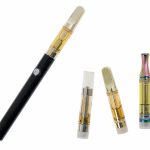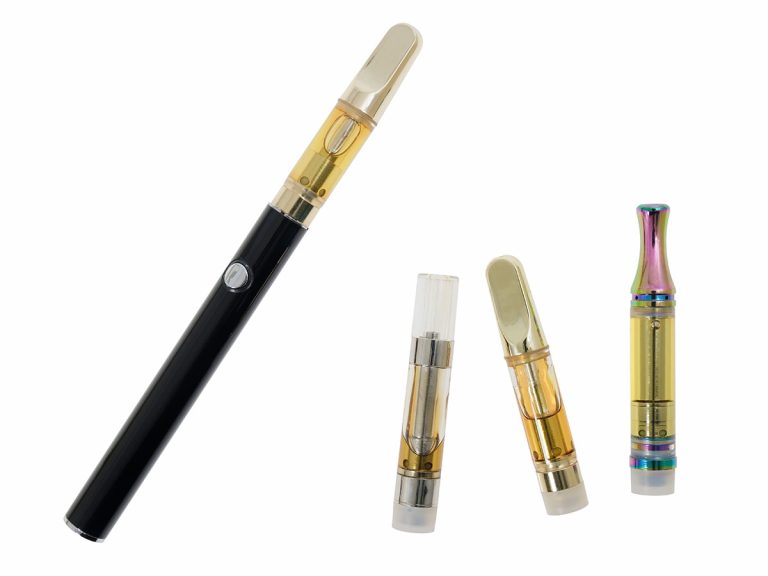The word “nootropics” initially referred to drugs that satisfied extremely strict conditions. However, term is now often used to refer to any natural or synthetic chemical that has the potential to have a beneficial effect on one’s cognitive abilities. There are three primary classifications that may be applied to nootropic supplements in general: dietary supplements, synthetic chemicals, and prescription medicines.
Although most specialists in the field of medicine believe that using a prescription nootropic for a reason that has been authorized by the FDA might be beneficial, the use of any kind of cognitive enhancer in healthy individuals is far more contentious.
What exactly are these nootropics?
Nootropics, sometimes known as “smart medications,” are a category of chemicals that have been shown to improve cognitive function. Enhancers of cognition and memory are two names that are sometimes used to these drugs.
Nootropics available by prescription are stimulant drugs with cognitive enhancing properties. They have the ability to alleviate the signs and symptoms of a variety of medical illnesses, including attention deficit hyperactivity disorder (ADHD), narcolepsy, and Alzheimer’s disease.
Caffeine and creatine are examples of over-the-counter drugs that are included in the category of nootropics. These chemicals may improve mental performance and concentration. They are not intended to cure ailments but may influence thinking, memory, or other mental processes.
How effective are nootropics?
There is evidence from a few limited studies that some of the best nootropics may have an effect on the brain. However, there is a dearth of data from big, controlled research to prove that some of these supplements reliably function and are risk-free in their entirety. Because there has not been enough study done on the topic, specialists are unable to claim with absolute confidence that nootropics available over-the-counter increase thinking or brain function or that anybody can take them without risk.
For instance, one study on cognitive enhancers came to the conclusion that there is insufficient data to suggest that these products are both safe and beneficial for persons who are otherwise healthy. Additionally, ethical considerations are brought up by the researchers. On the other hand, there is evidence to suggest that omega-3 fatty acids are beneficial to both the brain and the body as a whole. In addition, research has shown that coffee might temporarily boost mental attention.
Is it safe to use nootropics?
As is the case with any dietary supplements, there is the potential for adverse effects as well as interactions with other drugs. Before using any dietary supplement, individuals should consult with their primary care providers about the product’s potential risks and benefits.
In addition, the labeling on certain supplements could be misleading about what they really contain. For instance, research conducted on rhodiola products revealed that some of them include toxins or other components that are not disclosed on the label.
Because of this, it is vital to ensure that the dietary supplements you buy come from trustworthy firms that have been subjected to impartial testing.





















